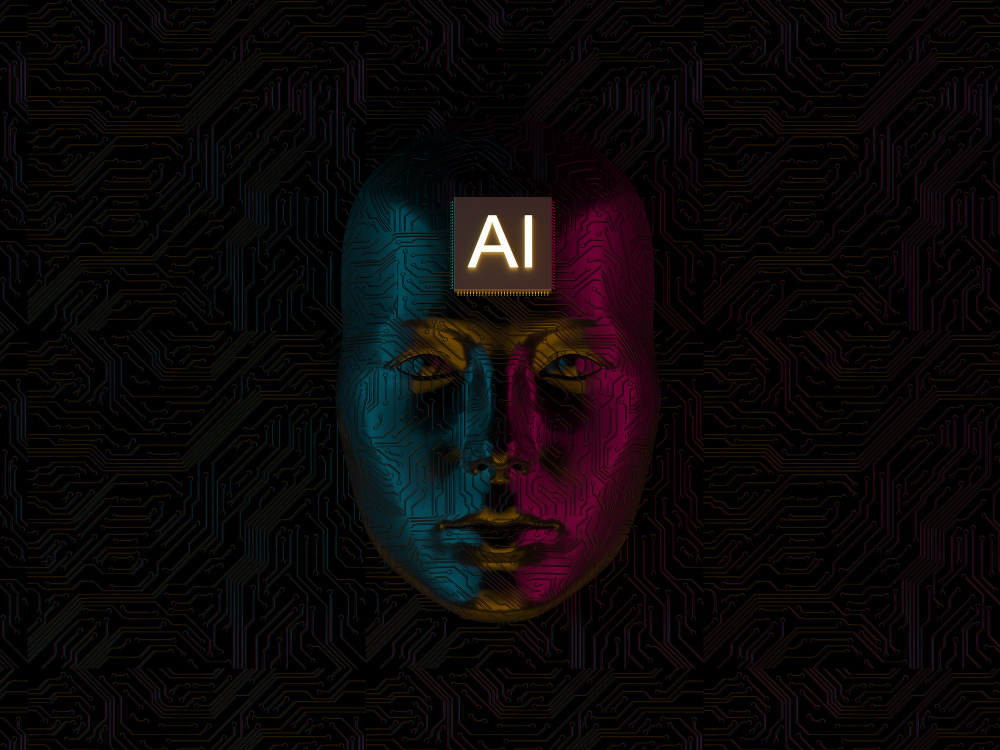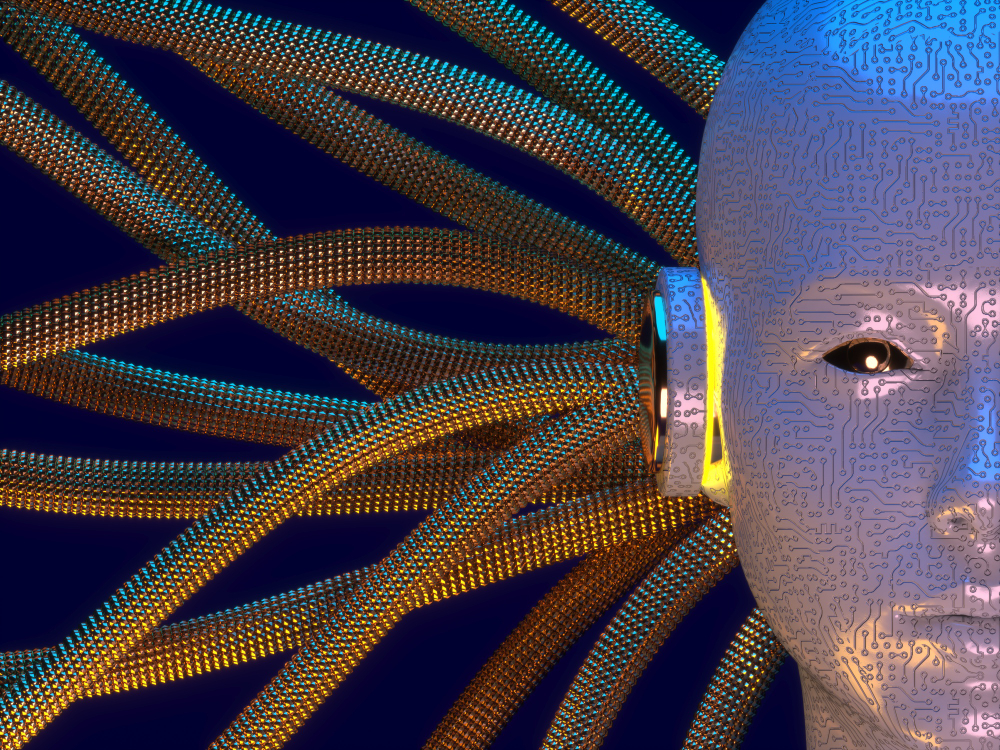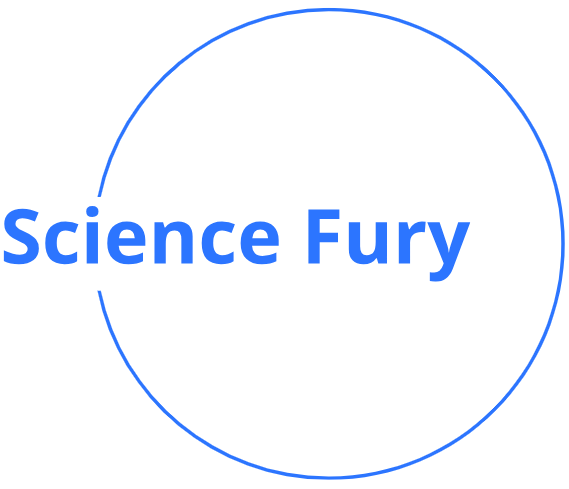Superintelligent AI (ASI) is a hypothetical type of AI that would be far more intelligent than any human. It is difficult to predict when or if ASI will be developed, but many experts believe that it is a matter of time.
ASI has the potential to revolutionize many aspects of our lives, from the way we work to the way we interact with the world around us. However, it is important to be aware of the potential risks associated with ASI, such as the possibility that it could be used for malicious purposes.

What is Superintelligence?
Superintelligence is a hypothetical level of intelligence that is far superior to human intelligence. It is often defined as the ability to solve any problem that a human can solve, as well as the ability to solve problems that humans cannot solve.
The Benefits of Superintelligent AI
Superintelligent AI has the potential to benefit humanity in a number of ways. For example, it could help us to:
- Solve some of the world’s most pressing problems, such as climate change, disease, and poverty.
- Develop new technologies that could improve our lives in many ways, such as new forms of transportation, communication, and energy.
- Explore the universe and learn more about our place in it.
- Understand ourselves and the world around us better.
The Risks of Superintelligent AI
Superintelligent AI also poses a number of risks. For example, it could be used to develop:
- Autonomous weapons that could kill without human intervention.
- Surveillance systems that could track our every move.
- AI systems that are so intelligent that they surpass our ability to control them.
It is important to start thinking about the risks and benefits of ASI now, so that we can develop strategies to ensure that it is used for good.
How to Ensure that Superintelligent AI is Beneficial to Humanity
There are a number of things that we can do to ensure that superintelligent AI is beneficial to humanity. These include:
Aligning AI goals with human values.
This means ensuring that AI systems are programmed to act in a way that is consistent with our values, such as promoting human well-being and avoiding harm.
Developing safe and reliable AI systems.
This means developing AI systems that are less likely to make mistakes or to be hacked. It also means developing AI systems that are transparent and accountable, so that we can understand how they work and why they make the decisions that they do.
Educating the public about AI.
This will help people to understand the potential benefits and risks of AI, and to make informed decisions about how AI is used in society.
The Future of AI and Humanity
It is difficult to predict the future of AI and humanity. However, there are a number of possible scenarios that could play out. One possibility is that superintelligent AI will be used to solve some of the world’s most pressing problems and to create a better future for all. Another possibility is that ASI will be used for malicious purposes, leading to war, destruction, and suffering.
It is important to start thinking about the possible scenarios for superintelligent AI now, so that we can prepare for the future. We need to develop strategies to ensure that superintelligent AI is used for good, and to mitigate the risks associated with it.
Elon Musk: The Billionaire Who is Both Warned and Embraced Superintelligent AI
Elon Musk has been outspoken about the potential risks and benefits of superintelligent AI. He has said that superintelligent AI could be the “biggest existential threat” to humanity, but he has also said that it could be the “greatest existential opportunity” for humanity.
Musk is one of the founders of OpenAI, a non-profit research company dedicated to developing safe and beneficial artificial general intelligence (AGI). He has also donated millions of dollars to other AI research organizations.
Musk has also proposed a number of ideas for how to ensure that superintelligent AI is used for good. For example, he has suggested that we should develop international norms and regulations for AI, and that we should work to build a more equitable and just world.
Musk’s views on superintelligent AI are controversial, but they have helped to raise awareness of this important issue. He is one of the most influential people in the world, and his voice on this topic matters.
The Ethical Implications of AI and Superintelligent AI

Artificial intelligence (AI) is rapidly transforming our world, and its ethical implications are profound. AI systems are already being used to make important decisions in areas such as healthcare, finance, and criminal justice. As AI becomes more powerful and sophisticated, it is important to consider the ethical implications of its development and use.
One of the key ethical concerns surrounding AI is the potential for bias and discrimination. AI systems are trained on data, and if that data is biased, the system will learn to be biased as well. This could lead to discrimination against certain groups of people, such as minorities or women.
Another ethical concern is the potential for AI to be used for malicious purposes. For example, AI could be used to develop autonomous weapons that could kill without human intervention. Or, AI could be used to create surveillance systems that could track and monitor people’s activities without their consent.
The ethical implications of AI are even more complex and far-reaching when we consider the possibility of superintelligent AI. Superintelligent AI is a hypothetical type of AI that would be far more intelligent than any human. Some experts believe that superintelligent AI could pose a serious threat to humanity, either intentionally or unintentionally.
For example, a superintelligent AI could decide that humans are a threat to its existence and take steps to eliminate us. Or, a superintelligent AI could simply be so intelligent that it is beyond our comprehension and we are unable to control it.
It is important to start thinking about the ethical implications of superintelligent AI now, even though it is not yet clear when or if it will become a reality. We need to develop ethical guidelines for the development and use of AI that will help to ensure that superintelligent AI, if it is ever created, is used for good.
Here are some of the steps that can be taken to mitigate the ethical risks of AI and superintelligent AI:
- Develop ethical guidelines for the development and use of AI: These guidelines should be developed by a diverse group of stakeholders, including experts in AI, ethics, law, and public policy.
- Ensure transparency and accountability in AI systems: AI systems should be designed in a way that is transparent and accountable. This means that it should be possible to understand how the system works and how it makes decisions.
- Protect privacy and security: AI systems should be designed to protect the privacy and security of the data that they collect and use. This means implementing strong security measures and giving users control over their data.
- Invest in retraining and reskilling programs: As AI automates more jobs, it is important to invest in retraining and reskilling programs to help workers transition to new jobs.
- Ban the development and use of autonomous weapons: Autonomous weapons are a serious threat to humanity, and they should be banned.
By taking these steps, we can help to ensure that AI and superintelligent AI are used for good and that the benefits of these technologies are shared equitably.
Conclusion
The potential for AI to become superintelligent and surpass human intelligence is a profound one. It has the potential to have a major impact on society, both for good and for bad. It is important to start thinking about the potential risks and benefits of superintelligent AI now, so that we can develop strategies to ensure that it is used for good.
FAQs
- What is the timeline for AI becoming superintelligent?
There is no definitive answer to this question, as it depends on a number of factors, such as the rate of progress in AI research and the availability of resources. However, some experts have estimated that AI could become superintelligent within the next 50 to 100 years.
- What are some of the ways in which superintelligent AI could be used for good?
Superintelligent AI could be used to solve a wide range of problems, including climate change, disease, poverty, and hunger. It could also be used to develop new technologies that could improve our lives in many ways, such as new forms of transportation, communication, and energy.
- What are some of the ways in which superintelligent AI could be used for bad?
Superintelligent AI could be used to develop autonomous weapons that could kill without human intervention. It could also be used to create surveillance systems that could track our every move. Additionally, superintelligent AI could potentially become so intelligent that it surpasses our ability to control it, which could lead to disastrous consequences.
- What can we do to ensure that superintelligent AI is used for good?
We can ensure that superintelligent AI is used for good by aligning AI goals with human values, developing safe and reliable AI systems, and educating the public about AI.
